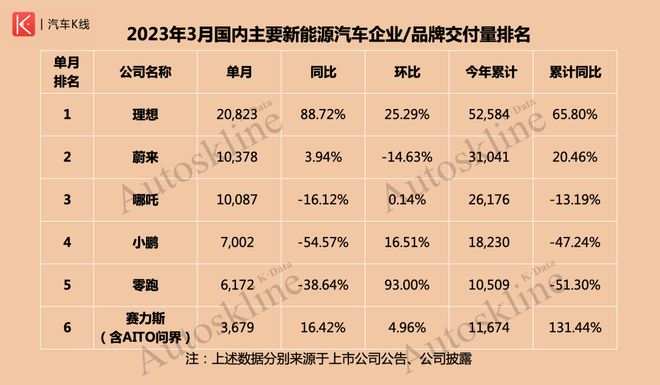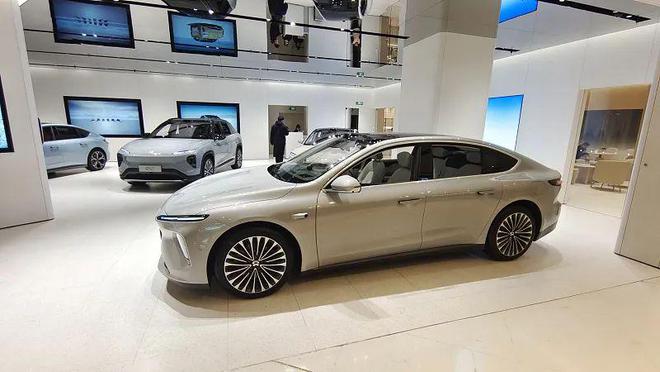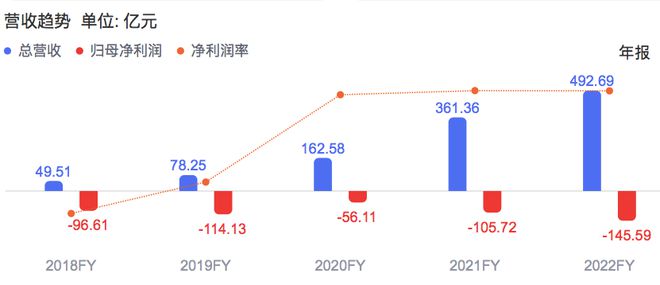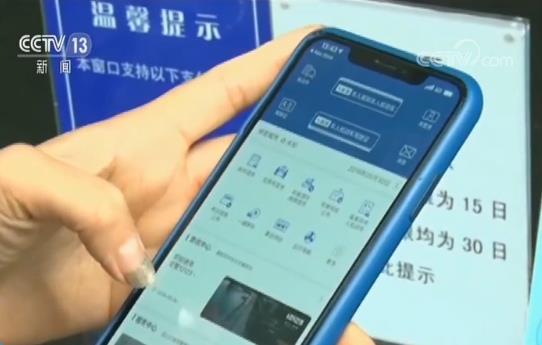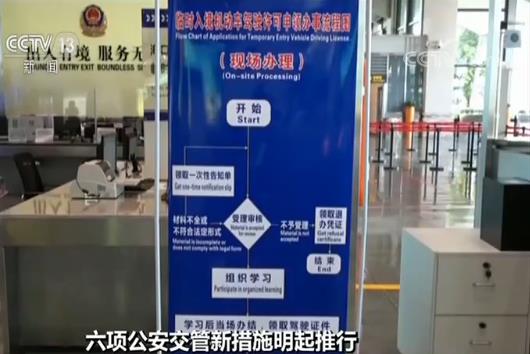Many people say that this is an era of looking good. There are also many people who say that talent is the most important thing in this era.
But what I want to say is that without good looks, who will pay attention to your inner self. This sentence also applies to the current mobile phone industry.
In the mobile phone industry, a mobile phone without a good design may not attract your attention at all, and a good design is usually "borrowed" by manufacturers from each other.
In this regard, the first thing we think of is Apple iPhone. If it hadn’t been for its emergence, we might still be in the era of "how can mobile phones look the same".

Throughout the mobile phone industry, innovative designs have sprung up like mushrooms after a rain. Designs such as full-screen, ultra-narrow borders, retina, iris, and dual cameras have been "borrowed" by various manufacturers.
However, there are also some mobile phone manufacturers who have always adhered to their own unique style. The classic designs of these manufacturers have not only become the object of imitation for other manufacturers, but also become the classic logo in the hearts of users. Today we will talk about the classic designs in those mobile phones.
This is Nokia’s most classic design, and even Steve Jobs praised its beauty
Although in the tide of smartphones, the former mobile phone overlord Nokia has long since lost its courage, as the earliest and most famous mobile phone brand in the mobile phone industry, Nokia has still brought us one classic product after another.
Among them, there is such a machine, which is hailed as a classic of the generation, but the sales are not good; it has an excellent design, but it is dragged down by the system and does not go far. It is the Nokia N9.

Released in 2011, the Nokia N9, with its droplet screen and colorful polycarbonate casing, was for a time the face of the electronics trend.
The N9 is powered by the Meego operating system, which is also the first smartphone to use the Meego system, and the last phone from Nokia to use the system.
At that time, Apple and other Android manufacturers patent war time. Nokia N9 turned out, really let everyone romance bright: the original large screen phone design can not follow the iPhone.

Steve Jobs once said: "mobile phones (except iPhone) can do not like iPhone, Nokia N9 is a good example. Joe’s words are the biggest affirmation of the Nokia N9 design."
Although the Nokia N9 has become a thing of the past, its innovative and cutting-edge design philosophy reflects Nokia’s capabilities and vision.
The most classic design on HTC, even iPhone have borrowed
Looking at any current smartphone, if you look closely, you can find Apple, HTC, or Samsung’s shadow in it, which is the big problem of smartphone homogeneity.
The most popular design now is undoubtedly the three-stage all-metal back, which first appeared on the HTC One series.

The two most famous phones are the HTC One M7 and the HTC One Max.
Among them, the HTC One M7 launched in 2013 was the originator of the three-segment mobile phone. In that era, when many friends and businesspeople imitated the appearance of the iPhone mobile phone, HTC still adhered to itself and still adhered to the metal brushed design. The seamless connection between the round body, the frame and the back cover makes the whole machine feel very good.

Another HTC One Max is the representative model of all-metal mobile phones, which was also released in 2013. The HTC One Max has an all-metal body, rear fingerprint recognition and a 5.9-inch 1080P display.
This metal body antenna injection molding process is still the mainstream, and HTC has almost single-handedly created the industry standard. Although there are many latecomers, it has basically not jumped out of the HTC-style all-metal design framework.
Sometimes sticking to your design is a good thing, but when the market feedback is not good, and you have been stubborn, then of course the consequences can be imagined. This sentence applies to HTC at the time.

HTC’s stubbornness is mainly reflected in its criticized "multi-chin" design. For HTC, it has also been discussed internally. The stubborn HTC executives believe that this will affect the effect of the "HTC" brand, so not only did they cancel the physical buttons, but also let the HTC logo occupy a separate layer.
HTC’s official explanation for this is that BoomSound is the main cause of double chin.
Although the short-term sales of HTC A9 in 2015 temporarily relieved HTC’s urgent needs, it is clear that in that era of confluence, HTC’s market share is still declining.
The high-end market cannot defeat Apple and Samsung, and the mid-to-low-end market cannot defeat Xiaomi, OPPO, Huawei and other manufacturers, so that the HTC brand’s presence in the mainland has become increasingly low.
"Sony **** is good" is not a slogan, but a true craftsman spirit
In the mobile phone industry, there was a manufacturer that had to go through dozens or even hundreds of "bankruptcies" every year. However, these public pressure did not make it go bankrupt. Instead, it made its fans hooked with one high-value product after another every year.
For a long time, "****" has been synonymous with Sony, and "Sony **** is good" is also a slogan shouted by fans.
This slogan shows that Sony’s contribution to the technology industry often exceeds that of many competitors, and it is also admired by many fans.
In terms of the appearance design of mobile phones, Sony has also been adhering to itself. Basically, the general style of each generation is a square appearance style, with clear edges and corners, combined with the round middle frame design, plus the effect of matte glass, full of Japanese style, with a high degree of recognition.

The first thing that makes me think of a more representative model is a mobile phone called LT18i launched by Sony in 2011. This mobile phone features a slim design, a metal brushed frame, and sharp edges around it, highlighting its domineering style.
The perfect arc design on the surface of the fuselage has the arc of the "human body curve", and each arc is beautiful; a layer of piano paint on the surface makes the touch extremely comfortable. This design full of Japanese style is very recognizable.

Among the fans of Sony mobile phones, female users make up a large part of the group, which has also made Japanese mobile phone manufacturers firmly target this group of people, and most of the products launched are biased towards female users.
In the first half of this year, Sony’s Xperia XZ Premium National Edition was a product that made girls go crazy.
This phone still uses the classic mirror design, continuing Sony’s usual square, tough style, although the appearance of the complained unchanged for ten thousand years, but Sony still insists on doing itself, the new product is still high value.
It can be seen that Sony has been building one classic mobile phone after another on the basis of its unique design style over the years.
In addition to the tireless pursuit of American models, Sony mobile phones are also constantly cultivating their internal skills to keep up with today’s young people’s pursuit of smartphone functions.
BlackBerry’s full keyboard design has persisted
There used to be a mobile phone that even US President Barack Obama had a soft spot for. For a while, its shape was not clear from the Nokia E series. Yes, this is the BlackBerry phone. In terms of feelings, it is definitely not inferior to Nokia. In terms of design, it is also definitely not inferior to Apple.
In terms of design, the BlackBerry has always been an "outlier". Once the most fashionable mobile phone, it was loved by the public, especially business people, with its full keyboard button design.

BlackBerry Passport is a full keyboard + touch model launched by BlackBerry in 2014. This model is as square as its name, like a passport. At the same time, the machine also retains the classic physical keyboard of BlackBerry mobile phones and adds touch sensing function. If the user swipes on it, they can also control the screen to swipe, which is very unique.
However, at that time, BlackBerry was already a bit powerless towards the market, and even its target business group had already fallen into the arms of other camps.

It is undeniable that in the era of large-screen touch, a large screen can indeed bring better display effects, but for those Weibo fanatics with a single thumb, the QWERTY physical full keyboard also has many advantages in terms of typing efficiency.
The advantage of the full keyboard is that it greatly improves the efficiency of text input, and the fingers can be "danced" on the mobile phone, which makes many people feel very happy.
For most business people and Weibo users, a physical full keyboard is obviously more popular.
Although it is said that after entering the era of smartphones, due to problems with corporate strategy, BlackBerry’s smartphones have never been able to keep up with the trend, and eventually BlackBerry gave up the smartphone market.
However, the release of the BlackBerry KEYone two days ago has brought many BlackBerry fans back to the classic all-keyboard era. Compared with many large touchscreen phones, the BlackBerry KEYone is a very niche product.
But the dedication to classic design will make this full-keyboard phone find its own market, and it will also win the favor of business people.
Meizu mBack waist round button, achieving an interaction that Apple has never achieved
From the first generation iPhone, to now the seventh generation iPhone, Apple has only retained a physical button for returning to the home page, in the most should solve the problem, Apple can only add gesture operation on the screen to solve.
Jobs once wanted to add physical buttons to the iPhone in order to improve the user’s control experience, but he failed to realize his wish.
However, Meizu has come up with a better solution – mBack. Among the various innovative interaction patterns of today’s smartphones, there is no doubt that the oval "waist circular button" – mBack, which is full of creativity and warmth, and the feeling of "I can’t go back after using it", have long become the classic logo of Meizu mobile phones.

Friends who are familiar with Meizu should know that as early as 2009, this "waist round button" had appeared on the Meizu M8, and it was hailed as the most innovative and brave design at that time.
It was not until the release of the Meizu Note 2 in 2015 that mBack returned to the public eye, and this return has made this design quickly popular, not only applied to Meizu’s mobile phones, but also surprisingly, this classic mBack has appeared on other mobile phone brands.

mBack integrates many functions into the Home button. Not only do we have the familiar functions of tapping back, pressing the Home button to return to the desktop, swiping left and right to call out multiple action sheets, etc.
In addition, today, when fingerprint recognition has basically become popular, this waist-shaped Home button also integrates the functions of fingerprint unlocking and fingerprint payment. It can be said that Meizu has realized the three buttons of an Android phone with one button. Not only is it comfortable to use, but the appearance improvement is also one of its meanings.
The surface of mBack seems to be the birth of Meizu’s continuous "competition" with the Home button, but behind it is the continuous exploration and innovation of user experience.
Many people say that iPhone a Home is perfect, while Meizu is increasing the cost of user experience. When you really use mBack, simple interaction logic is enough to change you.
Write at the end:
Due to the limited space, there are still many classic mobile phone designs that I will not list here. I believe that many people will recall the mobile phones we have chased in the past after seeing the classic designs of these mobile phones.
When smartphones have gone through the era of savage growth, there are fewer and fewer designs that can make our eyes shineThe design of mobile phones has undergone tremendous changes since its inception, and the future will continue to change. What kind of mobile phone designs will emerge in the future?
Let’s talk about it.








